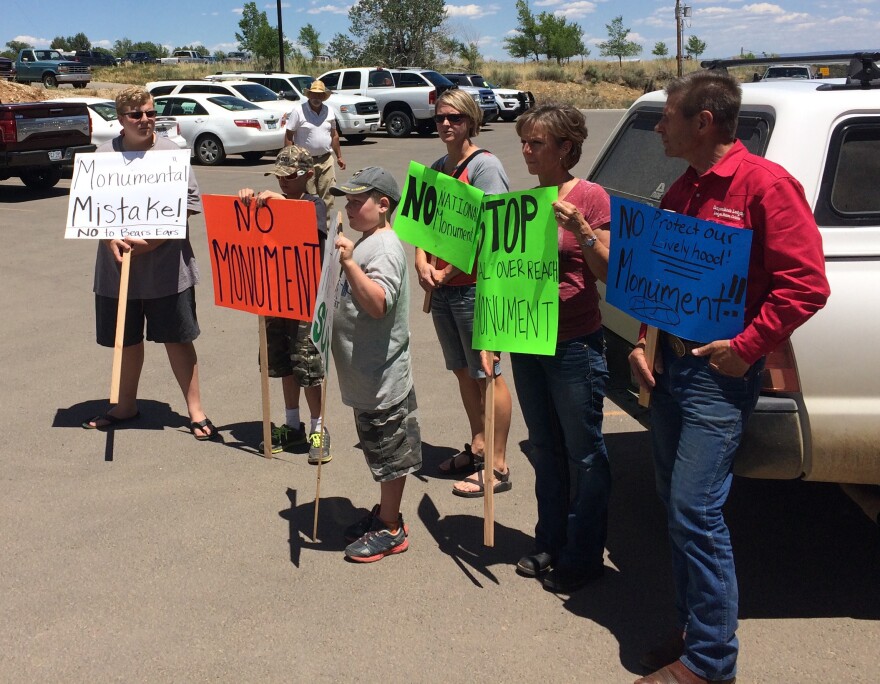Congressman Rob Bishop’s Public Lands Initiative sparked a testy debate on the control of public lands on Wednesday even while it received praise all around at its first hearing in Washington. That’s because it’s considered a rare public lands compromise that sets boundaries for conservation, mining and off-roading.
“The PLI includes protections against federal overreach,” said Rep. Tom McClintock, R-Calif., who leads the Federal Lands Subcommittee. “And [it] ensures the state of Utah can have control over its own economic and energy future.”
Rep. Jason Chaffetz, a Utah Republican and partner in the years-long process developing the lands bill, criticized the competing proposal for a national monument in southeastern Utah as “arrogant and offensive.” And he urged the Obama administration to help get the lands bill passed instead.
“Don’t play this charade with us,” he said, “if all you want to do is just go with your environmentalist lobbyist, environmentalist friends, and screw the rest of Utah.”
San Juan County Commissioner Rebecca Bennally testified in favor of the bill, alongside Clif Koontz of the Ride with Respect program and David Ure, the director of the state’s School and Institutional Trust Lands Administration.
Federal lands managers also said they liked the bill’s stated goals for the 18 million acres it covers. But they withheld support, saying many provisions undermine federal law and agency authority. Rep. Niki Tsongas, a Massachusetts congresswoman and ranking Democrat on the subcommittee, called Bishop’s bill “a wolf in sheep’s clothing.”
“That’s why many of the provisions in the PLI concern me,” said another critic, Rep. Alan Lowenthal, D-Calif., “because they do not strike the right balance between development and conservation that a majority of Americans like my constituents have come to demand.”
Issues like these mean the disagreements between supporters and opponents probably can’t be resolved before the congressional session ends.










